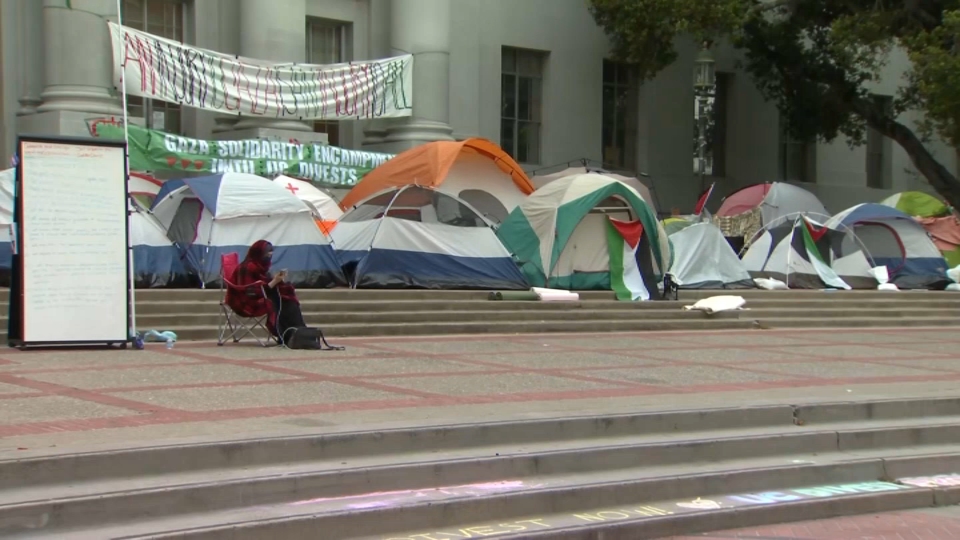
A judge on Wednesday denied a defense motion asking that Alameda County prosecutors be barred from seeking the death penalty for a man accused of fatally shooting Hayward police Sgt. Scott Lunger in 2015 as Lunger approached his vehicle.
Defense attorney Linda Fullerton argued that Mark Estrada's right to a fair trial in the guilt phase of his case will be jeopardized by the rigorous jury selection process in capital cases because prospective jurors who are unable to impose the death penalty are precluded from sitting on the jury.
Fullerton wrote, "The result is that the jury panel that survives challenges for cause is likely to be more favorable to the prosecution, and therefore more likely to convict, than a panel that has not been death-qualified."
Fullerton said another reason prosecutors should be barred from the seeking the death penalty against Estrada, 25, is that California Gov. Gavin Newsom issued an executive order on March 12, 2019, that placed a moratorium on executions, repealed the state's lethal injection protocol and shut down the execution chamber.
The defense lawyer said the last execution in California was carried out 14 years ago and the average appeal for defendants sentenced to the death penalty is more than 25 years.
"In essence the death penalty in California is a fiction and a defendant sentenced to death is highly unlikely to ever be executed, even if the moratorium is lifted by a future governor," Fullerton wrote.
Estrada is charged with murder with three special circumstances for allegedly shooting Lunger, 48, near Mytrle and Lion streets in Hayward at about 3:15 a.m. on July 22, 2015.
Local
Lunger, a 15-year police veteran who lived in Brentwood, was pronounced dead at Eden Medical Center in Castro Valley a short time later.
Prosecutors said Lunger was shot after he stopped a white Chevrolet Silverado truck driven by Estrada because it was swerving and almost hit several cars.
The special circumstance allegations against Estrada are murder of a peace officer during the course of his duties, committing a murder while lying in wait, and committing a murder by discharging a firearm from a motor vehicle.
The case against Estrada has moved slowly but on Jan. 6 it was assigned to Alameda County Superior Court Judge Thomas Reardon, who denied Fullerton's motion at a hearing on Wednesday.
Estrada is scheduled to return to court on Tuesday but opening statements in his case aren't expected for several months because jury selection and hearings on additional pretrial motions are expected to be lengthy.
Death penalty trials begin with a guilt phase in which a jury decides whether a defendant is guilty of murder with special circumstances.
If that happens, a second phase, called the penalty phase, is held in which the same jury decides between recommending life in prison without parole or the death penalty. But the sentencing ultimately is determined by the trial judge.
Fullerton said another reason the prosecution has an advantage in the guilt phase when death is being sought is that "the defense's ability to put forward the best possible defense at the guilt phase is hampered."
She said appellate courts have noted "the danger of the defense claiming the defendant did not commit the crime at the guilt phase and then arguing that the defendant was remorseful at the penalty phase as such an approach can alienate jurors."
But prosecutor John Brouhard, who has won death penalty verdicts against several defendants, wrote, "There is no evidence that any problem actually exists. It is not a foregone conclusion that jurors will necessarily have heard of the Governor's order, much less understand its scope and effect."
Brouhard said, "It is not appropriate to rule categorically that defendant (Estrada) cannot receive a fair trial."



